Entertainment
25 More Incredibly Strange But True Historical Facts
By Jake Beardslee · March 7, 2024
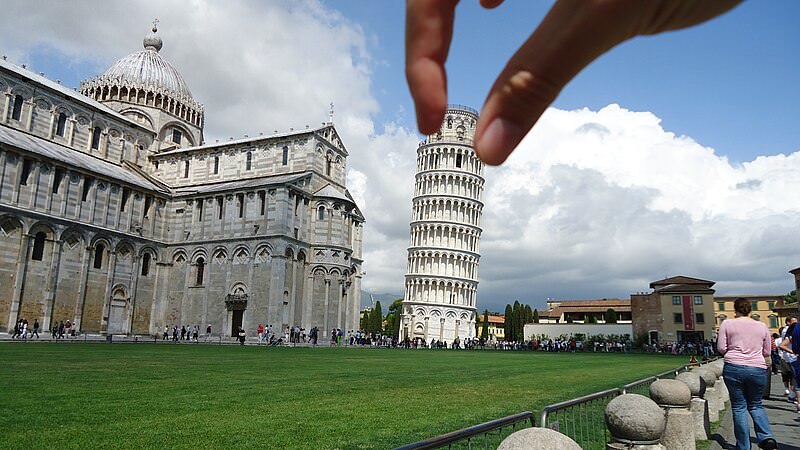
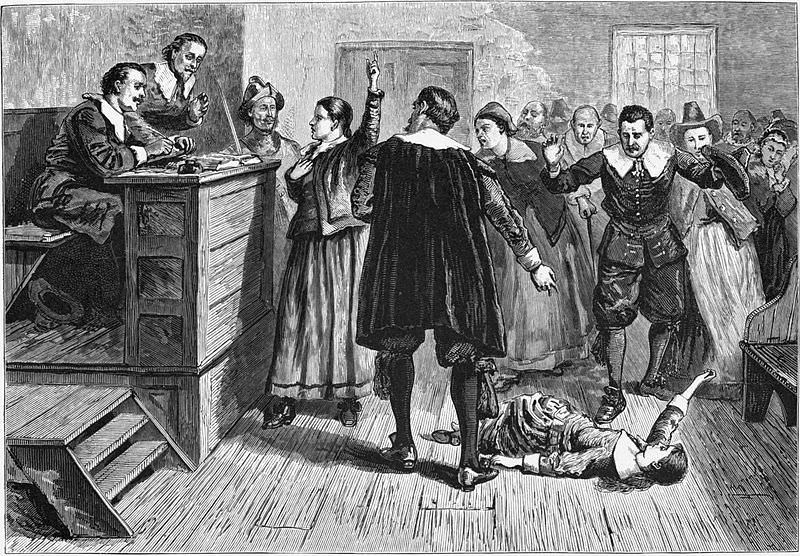
Salem's Trial Against Tomatoes
Salem, Massachusetts, known for the tragic witch trials of the 17th century, once held an equally bizarre proceeding - but this time against tomatoes. In 1820, the humble fruit found itself on trial as the townspeople sought to determine whether tomatoes were, in fact, poisonous. The matter was ultimately settled when Colonel Robert Gibbon Johnson ate an entire basket of tomatoes without falling ill, proving their safety for consumption. PD-US/Wikimedia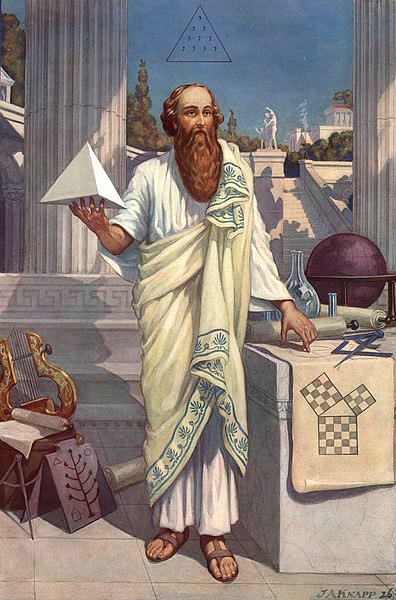
Pythagoras' Peculiar Bean Phobia
The ancient Greek philosopher Pythagoras, famous for his eponymous theorem, had an inexplicable aversion to beans. As the leader of a cult-like following, he enforced strict rules, including a complete prohibition on consuming beans - though the reasons behind this peculiar taboo remain unclear to this day. J. Augustus Knapp/Wikimedia
The Colorful Truth About Ancient Greek and Roman Statues
Contrary to their current marble appearance, ancient Greek and Roman statues were actually painted in vibrant colors. Over time, much of this pigment has faded or been removed, obscuring their original vivid state. Aquaplaning/Wikimedia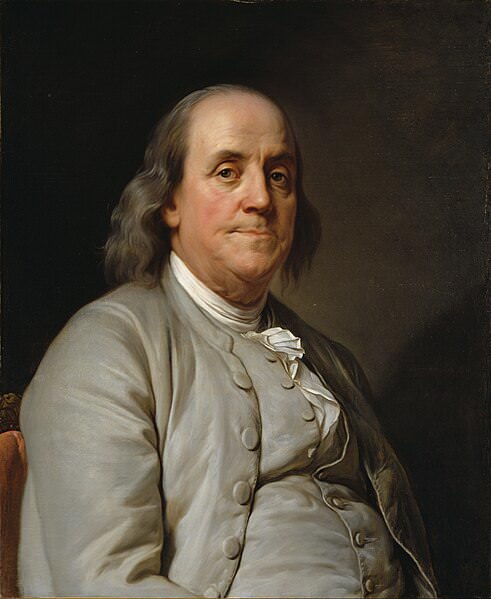
The Teenage Benjamin Franklin's Literary Prank
In 1722, the readers of a Boston paper were captivated by the witty letters of a fictitious widow named Mrs. Silence Dogood. For months, her identity remained a mystery until it was revealed that the satirical writings were the work of a 16-year-old Benjamin Franklin. Joseph-Siffred Duplessis/Wikimedia
Andrew Jackson's Foul-Mouthed Parrot
At President Andrew Jackson's funeral in 1845, his pet parrot had to be removed from the proceedings due to its incessant swearing, providing an unexpected moment of levity amidst the somber occasion. Amit Talwar/Unsplash
The Friendly Booze War Between Canada and Denmark
For over three decades, Canada and Denmark have been engaged in a peculiar territorial dispute over Hans Island. Rather than resorting to violence, officials from both countries periodically visit the island and leave behind a bottle of their nation's liquor as a playful act of claiming ownership. Scott Van Hoy/Unsplash
The Potato Promotion Scheme
When potatoes were initially unpopular in France, Antoine-Augustin Parmentier devised a clever strategy to increase their appeal. He planted a potato patch and hired guards to protect it during the day, piquing people's curiosity. At night, he removed the guards, allowing people to "steal" the potatoes, thus fostering demand. Edith Martineau/Wikimedia
When Pepsi Accidentally Became a Superpower
In a bizarre turn of events, Pepsi found itself in possession of 17 submarines, a cruiser, a frigate, and a destroyer in the early 1990s. This unlikely acquisition occurred due to a deal struck with the Soviet Union, where they traded Pepsi products for military equipment. Isaac N./Unsplash
The Incredible Around-the-World Car Race of 1908
In 1908, a remarkable car race circumnavigated the globe, starting in New York City. The route took drivers across the United States, through Alaska, and over the (supposedly frozen) Bering Strait into Russia and Europe, before ending in Paris. Despite numerous challenges, one team incredibly completed the 169-day journey. Bain News Service/Wikimedia
Ronald Reagan's Lifeguard Days
Before becoming a famous actor and politician, Ronald Reagan's first job was as a lifeguard. During his six years in this role, he saved an impressive 77 people from drowning. PD-US/Wikimedia
From TV President to Real President of Ukraine
In an extraordinary turn of events, Volodymyr Zelensky went from playing the President of Ukraine in a popular TV show to actually being elected to that position in 2019. President.gov.ua/Wikimedia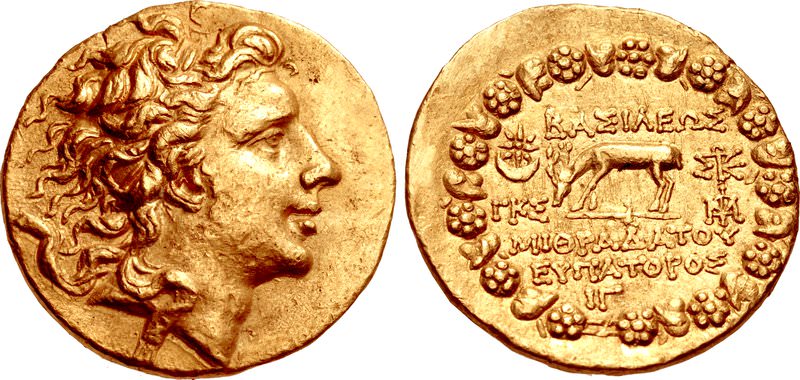
The Tunneling Tactics of Ancient Siege Warfare
During a siege in the Mithridatic Wars, the Romans attempted to tunnel beneath the city walls of Themyscira. The defenders countered by digging their own tunnels and releasing wild animals like bears and bees to attack the Roman diggers. Classical Numismatic Group, Inc. http://www.cngcoins.com/Wikimedia
The Accidental 101-Year War
Montenegro and Japan were technically at war for over a century due to a quirk of diplomacy. When Montenegro aided Russia against Japan in 1904-1905, the ensuing peace treaty failed to officially end hostilities with Montenegro until 2006. Milica Buha/Wikimedia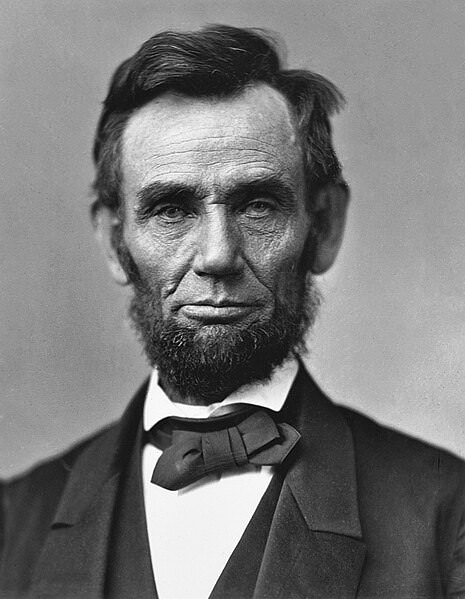
Abraham Lincoln: Wrestler Extraordinaire
In addition to being the 16th U.S. President, Abraham Lincoln had a remarkable prowess as a wrestler in his youth. His wrestling abilities were so esteemed that he was inducted into the National Wrestling Hall of Fame in 1992. Alexander Gardner/Wikimedia
The Ancient Art of Bread Stamping
In ancient times, bakers used unique bread stamps not just out of pride, but to combat "bread fraud." Each stamp could be traced back to its baker, discouraging the adulteration of loaves with fillers like sawdust. Benjamin Goetzinger/Wikimedia
The "Picnic Battle" of Bull Run
The First Battle of Bull Run in 1861 earned the peculiar nickname "The Picnic Battle." This was because many civilians from Washington D.C., including Congressmen and their families, attended and watched the fighting unfold like a casual spectator event. PD-US/Wikimedia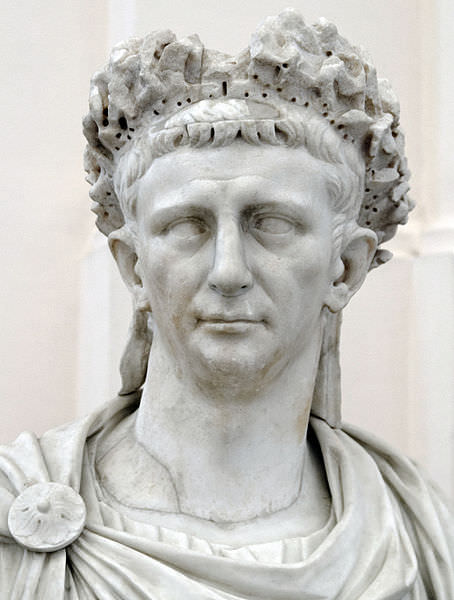
Death by Pear for a Roman Prince
Tiberius Claudius Drusus, the eldest son of a future Roman emperor, met an untimely death by asphyxiation when he choked on a pear he had tossed into the air and caught in his mouth. Naples National Archaeological Museum/Wikimedia
When the Puritans Banned Christmas
Around the 17th century, Christmas celebrations were actually outlawed in New England colonies due to their perceived association with excessive indulgence, mockery of authority, and rowdy public disturbances. PD-US/Wikimedia
The Man Who Burned for Fame
In ancient times, Herostratus intentionally burned down the Temple of Artemis solely to become famous. His acts prompted a law forbidding mention of his name, though this ultimately failed to erase him from historical record. Philip Galle/Wikimedia
The Longest Inaugural Address Proved Fatal
William Henry Harrison's 8,445-word inaugural speech in 1841 remains the longest in U.S. history. Tragically, his decision to brave cold weather without proper outerwear led to him falling ill with pneumonia, resulting in the shortest presidency ever at just 31 days. Albert Gallatin Hoit/Wikimedia
The Codex Vaticanus: Ancient Biblical Text
Dated to the 4th century CE, the Codex Vaticanus is the oldest recovered copy of the Bible. This priceless parchment manuscript is carefully preserved within the Vatican Library, offering a window into early Christian history. Codex Vaticanus/Wikimedia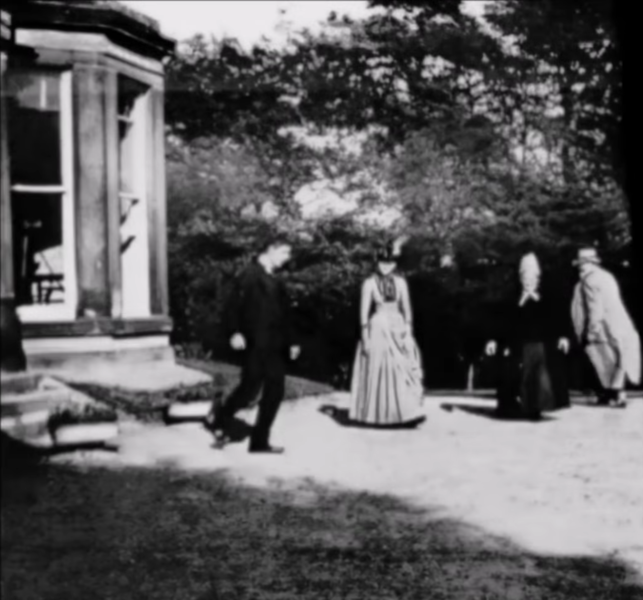
The Oldest Film In The World Is 2 Seconds Long
The Roundhay Garden Scene, a mere 2.11 seconds long, holds the record as the oldest surviving film ever recorded. Directed by French inventor Louis Le Prince in 1888, this brief clip represents the humble origins of modern cinema. Louis Le Prince/Wikimedia
Mr. Potato Head's Groundbreaking TV Debut
Before his stardom in the Toy Story franchise, the iconic Mr. Potato Head made history as the first toy ever advertised on television, paving the way for countless other products to reach consumers through the new medium. w:National Institutes of Health/Wikimedia
Tamil: The Ancient Language That Endures
With a documented history stretching back over 5,000 years to 3,000 BCE, the Tamil language spoken in parts of India and Sri Lanka is considered the oldest language still in use today, a remarkable testament to its enduring cultural significance. Pratishkhedekar/Wikimedia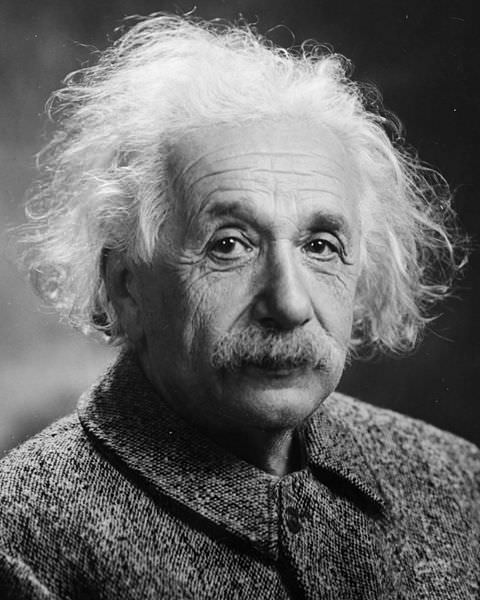
The Einstein Math Failure Myth
One persistent myth surrounding Albert Einstein portrays him as a struggling student who failed math exams in his youth. However, this tale is simply unfounded. In 1935, when a Princeton Rabbi inquired about the veracity of this claim, Einstein laughed it off, stating that he had, in fact, mastered the complexities of differential and integral calculus by age 15. Photograph by Orren Jack Turner/Wikimedia